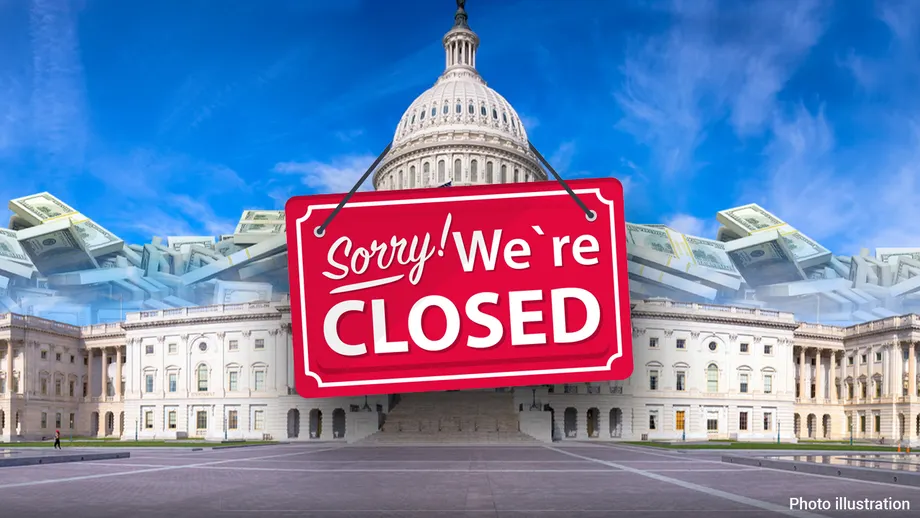GOP-majority House will only have three weeks to reach a deal after they return from Sept. 9 recess
The House of Representatives has officially commenced its summer recess early, giving lawmakers five weeks to return to their districts and focus on local issues and their re-election campaigns. They are scheduled to reconvene on September 9, which will be exactly three weeks before the deadline to fund the government for the next fiscal year.
Upon their return, the Republican-controlled House will need to negotiate with the Democrat-controlled Senate to avoid a partial government shutdown, which could result in the closure of some federal offices and the furloughing of thousands of government employees. It is widely expected that a short-term extension of the current year’s funding, known as a “continuing resolution” (CR), will be necessary to prevent a shutdown.
Harris vs. Trump: 100 days from election, the presidential race dramatically changed
“I’ve always said we’d have to do a CR,” House Appropriations Committee Chairman Tom Cole (R-Okla.) told reporters earlier this week. “And then whoever wins the election will make the decision. Do you want a deal by the end of the year, or do you want to kick them to the next Congress? I hope, my advice to whoever wins, would be to do it by the end of the year.”
The House GOP leadership had initially planned to complete their 12 individual appropriations bills before the recess, but internal disagreements over the party’s starting point derailed this momentum.
Conservative factions within the party pushed for spending bills loaded with culture war amendments on issues such as transgender surgeries and abortion, arguing that it was their right as the majority to start from the most conservative position.

However, many rank-and-file Republicans were uneasy about taking politically risky votes on measures unlikely to pass the Democrat-controlled Senate.
To date, six out of the 12 bills have passed the House, while the Senate has not passed any.
When lawmakers return in September, the primary discussion will likely focus on the specifics of the CR, including its duration and any potential riders.
Allies of former President Trump have advocated for a CR that extends into the new year, anticipating that Republicans might regain control of the White House and Senate. However, senior GOP lawmakers are concerned that such a move would add unnecessary drama to the already expected intense first 100 days of a new administration.
Some Trump allies are also pushing for the CR to include the Safeguarding American Voter Eligibility Act (SAVE Act), a Republican-backed bill that would require proof of citizenship for voter registration.

“We have been in session week after week for months after Speaker Johnson passed a two-part omnibus, fully funding the Biden/Harris agenda in May…For what? Messaging? When the reality that we ALL know is that we will be forced to vote on a CR by Sept 30th which is the government funding deadline,” Rep. Marjorie Taylor Greene (R-Ga.) wrote on X. “And since we all know a CR is coming you would think we would be working on one that makes an impact like attaching the SAVE Act for example because our elections matter.
But nope, we are up here voting at 9 pm tonight on bills that won’t see the light of day in Schumer’s Senate for nothing.”
However, Cole indicated he was not particularly enthusiastic about this idea. “I haven’t thought about it yet, it’s not a big deal. But again, if it can’t pass the Senate, it isn’t an effective CR,” Cole said. “So, a real CR, you know, I’m more interested in disaster relief. That’s something that I think the two sides can come together on.”

A spokesperson for Speaker Mike Johnson (R-La.) addressed GOP frustrations over the spending process, telling Fox News Digital: “The House has made significant progress in advancing FY25 appropriations bills.
The House Appropriations Committee has diligently moved all 12 bills out of committee and the House has passed 75% of government funding for the upcoming fiscal year, while the Senate has yet to even consider a single appropriations bill. The House will continue its successful effort to responsibly fund the government for FY25 when it returns from its district work period.”
